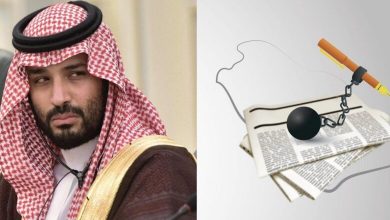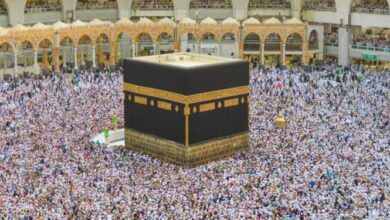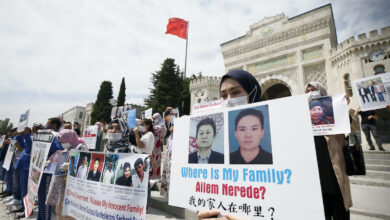Facts about the violation of the right to file complaints in Saudi prisons

The Committee for the Defense of Human Rights in the Arabian Peninsula highlighted that the Saudi authorities deliberately violated the right to file complaints in the kingdom’s prisons.
Every prisoner has the right to file a complaint regarding his treatment and to have an effective remedy determined by a competent court if his rights or freedoms are violated, according to the fundamental principle of the United Nations Guide to the Rights of Prisoners.
According to the Human Rights Committee, Saudi prisons are among the most terrifying places in the world due to the gross violations of prisoners’ rights, especially prisoners of conscience.
Human rights organizations documented many cases of these violations. They were the cause of a torrent of criticism and condemnation of the Saudi authorities, defying all international covenants and principles related to human rights.
Among the evidence and documents condemning the authorities of the Saudi regime, Dr Muhammad Al-Qahtani was subjected to enforced disappearance as a form of punishment after he filed a recent complaint about repeated assaults inside the prison by mentally disturbed prisoners in front of the prison officers and staff.
To this day, the fate of Dr Al-Qahtani is still unknown, amid the silence of the authorities and the prison administration, days before the end of his sentence.
Article 33 of the United Nations of human rights states:
A detained or imprisoned person or their counsel shall have the right to submit a request or complaint regarding their treatment, in particular in the case of torture or other cruel, inhuman or degrading treatment, to the authorities responsible for the administration of the place of detention, to higher authorities and, where appropriate, to appropriate authorities vested with review powers or fairness.
However, filing a complaint in Saudi Arabia becomes a crime for which the prisoner is punished and subjected to torture and solitary confinement.
Why do the Saudi authorities insist on practising violations against prisoners, especially prisoners of conscience, and depriving them of their most basic rights?
And why does it seek to persecute and abuse them if they file a complaint about being subjected to cruel treatment or assault? They only ask for fairness and justice guaranteed by Saudi law, international charters and instruments, and the United Nations rules for prisoners’ rights (the Nelson Mandela rules).
According to those international conventions and instruments, a prisoner who has submitted a complaint to his prison administration, if he is not satisfied with the conduct of the procedures, has the right to resort to contacting an independent body and submitting a complaint to it.
Who is that independent body available in Saudi Arabia?
The Saudi regime formed the Saudi Human Rights Commission to promote its concern and care for human rights allegedly. However, according to local and international human rights organizations’ reports, this commission has begun to cover up violations, hide complaints it receives from inside prisons, and issue statements aimed at polishing the image of prisons and denying violations.
As a true example of its work, the Human Rights Commission ignored all civil and human rights calls to reveal the fate of Dr Muhammad Al-Qahtani, did not intervene and inform his family of what happened to him, and did not investigate the complaint he submitted to the prison administration about his repeated assault.
This body is supposed to be independent. It supervises the monitoring of prisons and guarantees prisoners’ rights and that they are not subjected to violations. Moreover, it is empowered to receive complaints and investigate them if the prison administration does not respond positively to the complaints submitted. Yet, ironically, it has not recorded, even once, a violation of the rights of prison administrations and their employees.





